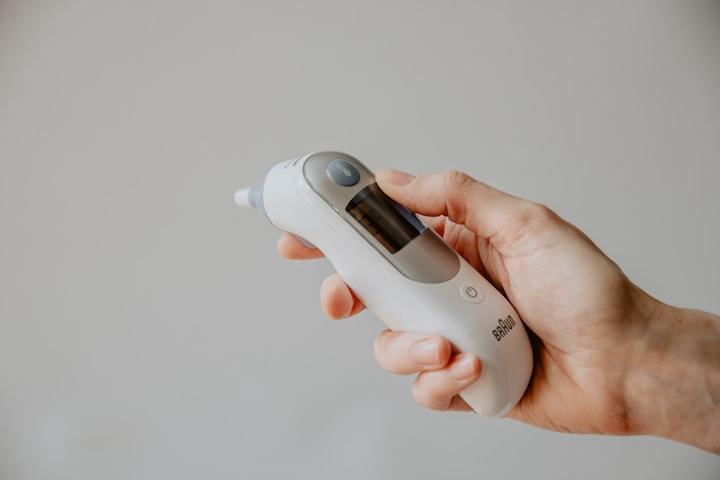There are generally four recognized stages of illness: prodromal, acute, convalescent, and chronic. The prodromal stage is the earliest stage of illness, when patients first begin to experience symptoms but are not yet sick enough to be diagnosed. The acute stage is when patients become sick enough to be diagnosed and require treatment. The convalescent stage is when patients recover from the acute phase of their illness and begin to improve. The chronic stage is the final stage of illness, when patients may still experience symptoms but have largely recovered from their sickness.
Stages of Disease
1) Incubation: This is the period between exposure to a pathogen and the first appearance of symptoms. The incubation period can last from days to weeks, depending on the type of pathogen involved.
2) Prodrome: This stage is characterized by early, often nonspecific symptoms that precede the onset of more specific symptoms. For example, someone with an impending migraine might experience mood changes, neck stiffness, or increased appetite before the pain begins.
3) Acute phase: This phase is marked by the appearance of clear-cut symptoms that indicate the presence of a particular disease. The severity and duration of this phase vary depending on the type and severity of illness. For some diseases, such as colds or flu, the acute phase may last only a few days; for others, such as pneumonia or meningitis, it can be much longer. During this phase patients are usually seen by their doctor and treated accordingly.
4) Recovery or convalescence: This is the final stage in which patients gradually regain their strength and energy levels as they recover from their illness. Depending on how severe their illness was initially, some people may require ongoing treatment during this stage in order to fully recover..
STAGE 1: INCUBATION PERIOD
The incubation period is the time between exposure to a pathogen and the appearance of symptoms. This period can range from days to weeks, depending on the disease. During this time, the pathogen is multiplying and spreading throughout the body, but symptoms have not yet appeared.
STAGE 2: PRODROMAL PERIOD.:
The prodromal period is the time between when symptoms first appear and when a person feels sick enough to seek medical attention. During this phase, patients may experience nonspecific symptoms such as fatigue, fever, or muscle aches which could be indicative of a number of different illnesses. It can be difficult to diagnose a disease during this stage because patients may not yet exhibit specific signs or symptoms that are characteristic of that particular illness.
STAGE 3: ILLNESS PERIOD.:
The illness period is characterized by more specific and severe symptoms that are typically associated with a particular disease. Patients during this stage are usually considered contagious and are most likely to spread the infection to others. The length of this phase varies depending on the illness; some diseases such as colds or flu can last for only a few days while others, like Lyme disease, can persist for weeks or even months.
STAGE 4: CONVALESCENCE PERIOD.:
Convalescence is the final stage of recovery from an illness during which patients gradually regain their strength and energy levels. This period usually begins once all active symptoms have resolved and may last for several weeks or months. Although patients may still feel fatigued during convalescence, they should generally be feeling much better than they did during the acute phase of their illness.”
STAGE 2: PRODROMAL PERIOD
The prodromal period, or early phase, of an illness is when the first symptoms appear. For some people, this phase may last only a few hours or days. For others, it may last weeks or longer. The symptoms during this phase are often mild and may be similar to those of other illnesses. This can make it hard to know that you are sick.
During the prodromal period, you may have:
• A feeling of being ill or “coming down with something”
• A low-grade fever
• Mild headaches and muscle aches
• Loss of appetite and/or nausea (upset stomach).
STAGE 3: ACUTE PERIOD
The acute period is the second stage of illness. It is characterized by a sudden onset of symptoms that last for a short period of time. The symptoms are often severe and may include fever, chills, body aches, and fatigue. This stage usually lasts for two to three weeks.
STAGE 4: CONVALESCENCE PERIOD
The fourth and final stage of illness is known as the convalescence period. This is when the person who was sick begins to recover and get back to their normal state of health. The convalescence period can last anywhere from a few days to several weeks, depending on the severity of the illness. During this time, it is important for the person to rest and take it easy so that their body can fully recover.
